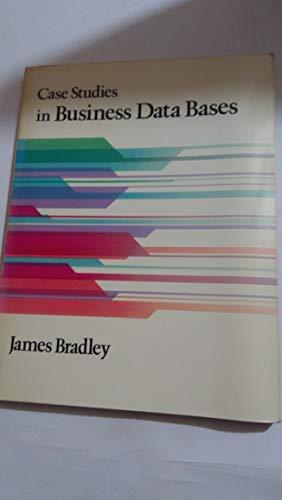Question
These are questions from a CRITICAL THINKING class: I couldn't find a category, but im taking this class for my computer science major. Please answer
These are questions from a CRITICAL THINKING class:
I couldn't find a category, but im taking this class for my computer science major.
Please answer True or False:
1. A tautology argues in a circle. This is called, 'begging the question' because the question is: Why should I accept what you claim?
2. Finding a contradiction in an argument shows that both statements cannot be true, both might be false, and it is possible that only one can be true.
3. We can determine whether an empirical claim is true or not just by reading it.
4. Empirical claims must be testable. For instance:
Empirical claim: Boiling point of water depends on air pressure. We can tell if an empirical claim is true, by assuming it is true, and then making a prediction that we could observe if it were true, (something that would ONLY be observed, if our assumption were true), and then run the experiment. Prediction: Water takes longer to boil at 14,000 feet above sea level than at sea level. Why? because air pressure is higher at sea level than at 14,000 feet.
5. An expert may be biased, intentionally mislead, have conflicts of interest, may not be an expert in the field in question--all of these possibilities must be ruled out prior to accepting an expert as an expert.
6. Was this finding independently tested? Independently tested results are more credible than the initial findings of one study.
7. Self-contradictory statements means both cannot be true, both may be false, or one may be true and the other false.
8. We can determine what a rational concept means by studying how it is used in a particular context and consulting its definition. For instance, two parallel lines are defined rationally, in such a way that they cannot meet at any point. If they did meet, then they would not be two parallel straight lines.
9. There is no difference between healthy skepticism and a stubborn refusal to abandon a discredited position.
10. If things are going badly for you--it is reasonable to suppose some people, groups, or institutions have planned your misfortunes.
11. Sayings you've heard and believed all your life, because they seem plausible--is a good reason to continue to believe those things. For instance, "playing musical instruments improves kid's grades." There is no need to run experiments of such self-evident claims.
Thank You! Please don't guess, only if you know the topic.
Step by Step Solution
There are 3 Steps involved in it
Step: 1

Get Instant Access to Expert-Tailored Solutions
See step-by-step solutions with expert insights and AI powered tools for academic success
Step: 2

Step: 3

Ace Your Homework with AI
Get the answers you need in no time with our AI-driven, step-by-step assistance
Get Started


